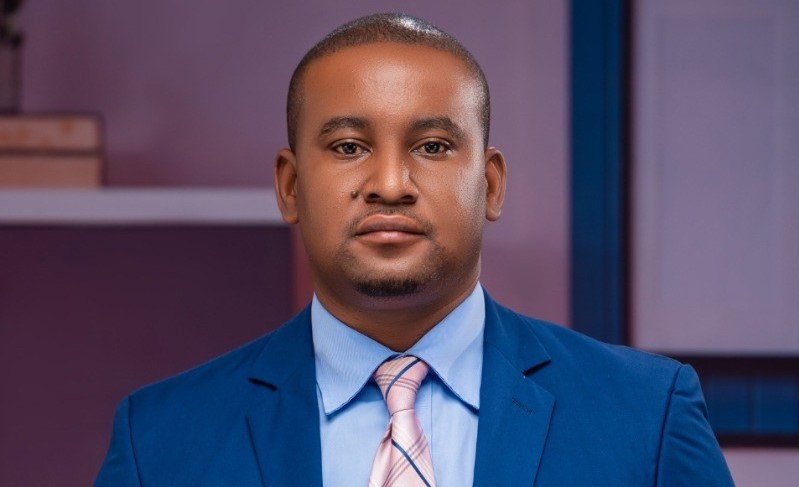Malawi public external debt shoots up to K412bn

Malawi’s external debt jumped to $1.2 billion (K412 billion) in March 2013, indicates data provided by the Reserve Bank of Malawi (RBM).
The current external debt is approximately 40 percent of the pre-debt cancellation stock of 2005 which stood at $2.97 billion (K1 trillion) raising fears that the situation may be unsuitable soon.
RBM’s 2013 First Quarter Financial and Economic Review indicates that the stock of public external debt in the first quarter of 2013 increased by one percent by $12 million (K4 billion) to 25.2 percent of GDP from an equivalent of 28.9 percent of GDP in the preceding quarter.
Centre for Social Concern (CfSC) social conditions research programme officer Alex Nkosi, responding to a questionnaire on the debt situation on Thursday, said much as government and donors have said the debt is sustainable, debt servicing is taking resources that could be used for poverty reduction.
“The risks are that the maturing debt may be exposed to interest increases if resources are not available to redeem it and, thus, it has to be rolled over. The floatation of the kwacha may mean paying more.
“The only rationale that Malawi can employ in borrowing on behalf of poor Malawians is to meet some of Malawi’s development needs, especially in the areas of agriculture, health, education and infrastructure development—initiatives which in turn are anticipated to benefit the poor.
“The fact that Malawi is again piling up the public debt begs the question as to whether the resources saved as a result of debt cancellation are being put to good use,” said Nkosi.
The RBM report notes that the $1.2 billion debt was composed of 72.8 percent multilateral, 26.5 percent bilateral and 0.7 percent commercial debt.
It further notes that the increase in the external debt stock resulted from disbursements totalling $30.5 million (K10.37 billion) made during the quarter under review. The International Development Association, African Development Fund and Opec Fund disbursed $23 million (K7.82 billion), $8 million (K2.72) and $0.5 million (K170 million), respectively.
In 2006, Malawi qualified for Debt Relief under the Highly Indebted Poor Country (Hipc)Multilateral debt relief Initiative in which Malawi’s debt stock was reduced from $ 2.97 billion (K1 trillion) to $ 488.3 million (K166 billion).
Prior to the debt relief, the total debt stock had reached 150 percent of Malawi’s GDP which entailed that the debt had reached unsustainable levels.
However, after the debt relief, the government saved an average amount of $115 million (K39 billion) annually which was to be used for national development programmes to grow the country’s economy and reduce poverty, especially to Agriculture and Food Security, Health and Education.






Malawian political leaders surrounded by selfish, misleading political advisors not fighting for the common good of this country have been very extravagant in managing finances in this democratic era which seem to be interpreted by these “uncivilized” politicians as a wealth acquiring period. Not just this but are also responsible for the moral decay of this country probably because of the intent of amassing wealth and winning elections which has been always good to them. During the one party rule having had laid its leadership on four cornerstones (unity, discipline, obedience and loyalty) Malawians suffered many brutal actions resulting from exaggerated importance of the cornerstones meant for the proper coordination of the country’s leadership. These actions enslaved Malawians and became detrimental to the development of this country what explains the struggle against the heightening levels of poverty up to this day in many of these “uncivilized” political leaders’ minds. But this unfortunate political foundation should not stick in the minds as an excuse for the poor governance and lack of commitment today in bringing about sound policies and strategies while nursing vibrant political values to further develop this country. In this case if these uncivilized money hungry politicians continue at the current pace of use of finances it should be predicted that there will be no Malawi. The question is “why Malawi is facing such economic turmoil and deteriorating development status as if it were the only country where transition took place in Africa?” Tanzania is such one country but it has higher levels of literacy rates, better health service care delivery. Now we are democratic where is our honour in our families? For us to manage the basic necessities we struggle as if we were still slaves of the brutal actions in both the colonial and one party time. Workers salaries only increase with strike threats. Hospitals have no drugs. Is that what democracy means? Malawi should demonstrate its sovereignty by showing that its democratic leaders can take care of the people.